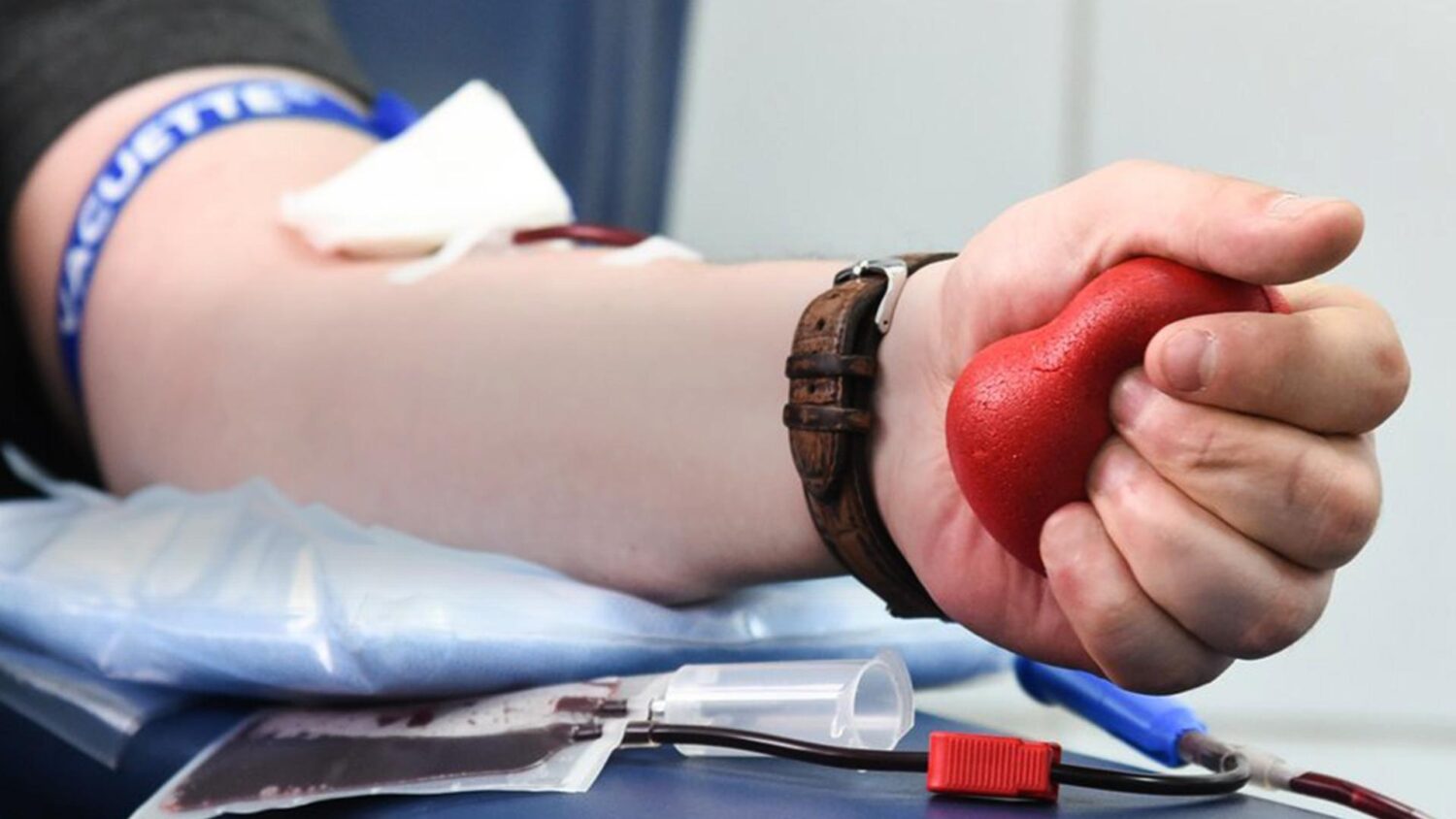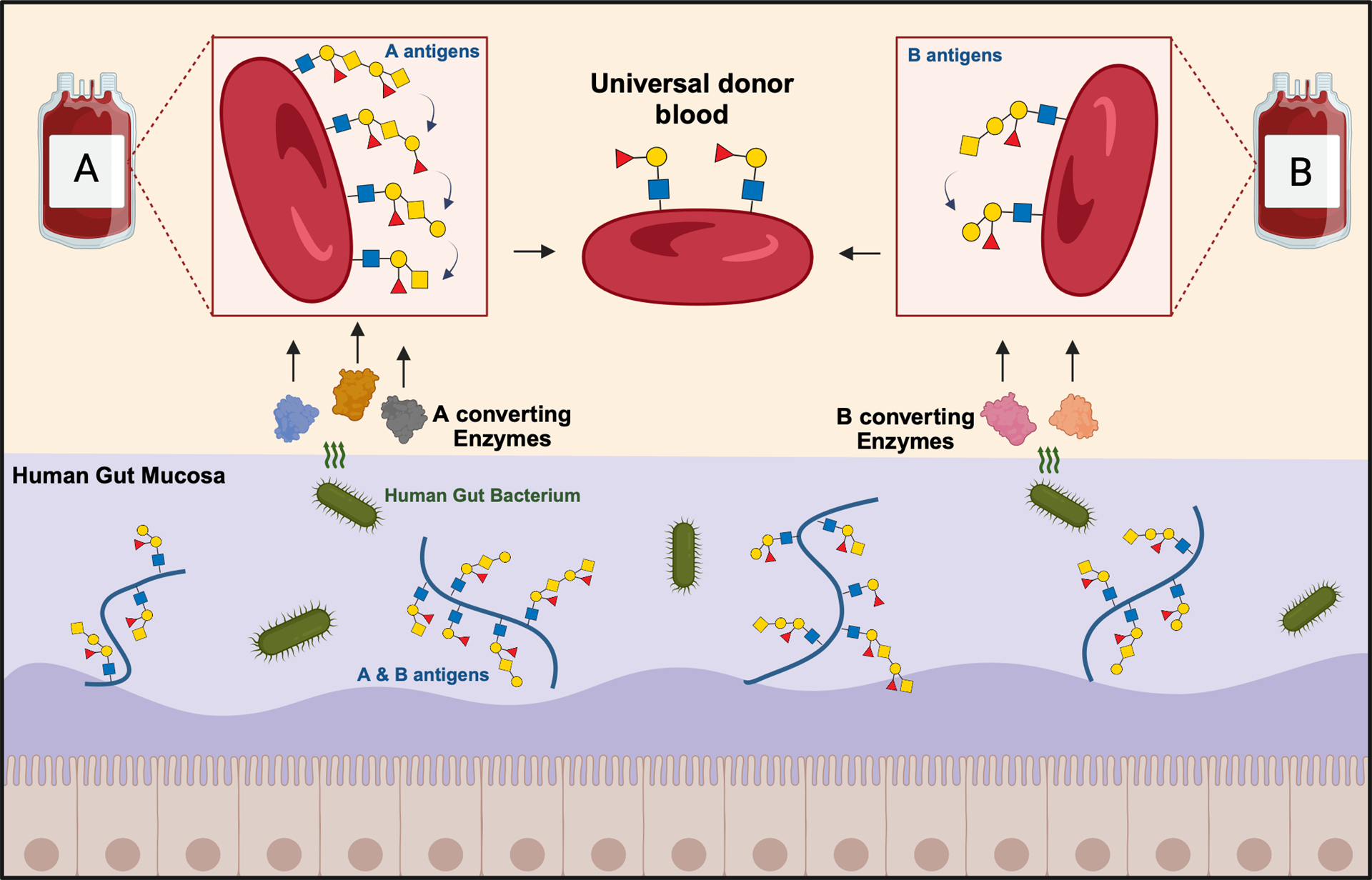Scientists have found a way to create universal donor blood

Blood donors play a key role in the medical system as a whole. Unfortunately, the blood of some people is not always compatible with the blood of others and doctors have to worry about having the right blood types for transfusions. However, a new study could help create universal donor blood, which would radically change medicine.
Here's What We Know
Scientists from the Technical University of Denmark and Lund University in Sweden have made a startling discovery that could radically change medicine. They have discovered a bacterial enzyme that can remove antigens from red blood cells that determine blood type. This enzyme was found in the bacterium Akkermansia muciniphila, which lives in healthy human intestinal microflora.

Scientists tested 24 enzymes on blood samples and found that they were very effective at removing blood group A and B antigens, creating universal donor blood. However, they were more effective against group B antigens, so there's definitely more to work on for now.
If scientists are able to eliminate the differences between blood groups, they could eventually create a universal blood donor that would be used much more widely than the current limited supply that is currently divided by antigens.
Go Deeper:
Akkermansia muciniphila is a bacterium that is found in abundance in the intestines of most healthy people. This bacterium is able to break down mucus in the gut and produce beneficial compounds such as short-chain fatty acid propionate, as well as having favourable effects on body weight and metabolic rates.
Source: DTU